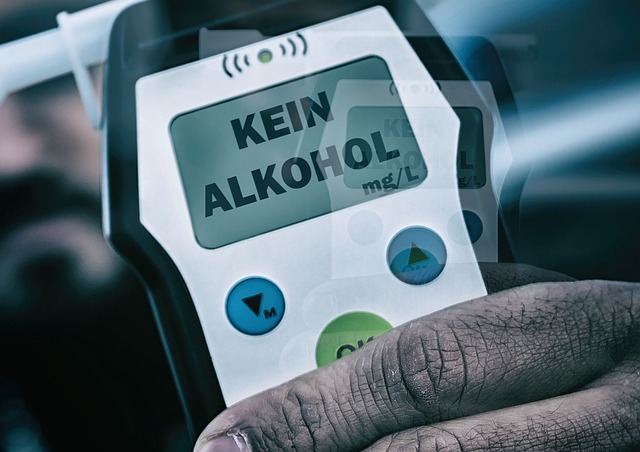Online privacy is a critical component of College Campus DUI Prevention. Students' digital behaviors, from social media activity to location tags, can expose personal routines and increase vulnerabilities. By addressing these privacy concerns, campus security can develop targeted awareness campaigns educating students about sharing personal data risks. Empowering students with robust digital privacy practices, such as strong passwords and two-factor authentication, along with fostering responsible drinking culture, significantly contributes to safer campus environments.
Online privacy is a burgeoning concern on college campuses, with implications for student safety. As digital interactions increase, so does the risk of personal data breaches and potential dangers like drunk driving (DUI). This article explores how understanding online privacy can empower students to protect their information and contribute to campus DUI prevention efforts. We delve into strategies for safeguarding personal data and fostering a culture of digital responsibility, crucial steps towards ensuring safer academic environments.
- Understanding Online Privacy and Its Impact on College Campus Safety
- Strategies to Protect Personal Data and Prevent DUI (Drunk Driving Under Influence) Among Students
- Fostering a Culture of Digital Responsibility for DUI Prevention on College Campuses
Understanding Online Privacy and Its Impact on College Campus Safety

Online privacy has become a significant concern on college campuses, with implications for campus safety, particularly regarding DUI (Driving Under the Influence) prevention. Students often share personal information online, which can potentially be exploited by malicious actors. This shared data, from social media posts to location updates, could provide insights into individual routines and whereabouts, including bars or parties where alcohol consumption occurs.
Such privacy breaches can impact campus safety strategies. For instance, knowing a student’s frequent locations may aid potential perpetrators in identifying targets for impaired driving incidents. Conversely, understanding online privacy practices enables campus security to educate students about the risks of sharing personal data and implement targeted awareness campaigns that emphasize responsible digital behavior, thereby contributing to College Campus DUI Prevention efforts.
Strategies to Protect Personal Data and Prevent DUI (Drunk Driving Under Influence) Among Students

Protecting personal data and preventing College Campus DUI (Drunk Driving Under Influence) go hand in hand, especially for students navigating the vibrant yet potentially risky environment of higher education. Students must adopt proactive strategies to safeguard their information and make responsible decisions regarding alcohol consumption. One effective approach is to enable robust privacy settings on all digital devices and online accounts. This includes regularly updating passwords, using strong, unique combinations, and enabling two-factor authentication where available. By doing so, students can limit access to their personal data, reducing the risk of identity theft or misuse that could encourage dangerous behaviors like drunk driving.
Additionally, fostering a culture of responsible drinking and promoting alternative transportation options on campus can significantly contribute to College Campus DUI Prevention. Student organizations and administrators can collaborate to organize events that emphasize alcohol awareness, offer low-cost or free non-alcoholic alternatives, and provide clear information about local ride-sharing services or designated driver programs. Encouraging open conversations about the impacts of alcohol consumption and its legal consequences can further empower students to make informed choices, ensuring their safety and the well-being of their peers.
Fostering a Culture of Digital Responsibility for DUI Prevention on College Campuses

On college campuses across the nation, fostering a culture of digital responsibility is becoming increasingly vital to prevent drunk driving incidents. In today’s digital era, students are constantly connected, often sharing personal information online without fully considering the implications. This presents a unique challenge for campus safety officials and law enforcement, as they strive to educate young adults about the potential consequences of their online actions and how these could impact their future.
By promoting digital responsibility, colleges can play a significant role in College Campus DUI Prevention. This involves teaching students about responsible online behavior, privacy settings, and understanding the long-term effects of their digital footprint. With the right approach, campuses can empower students to make informed decisions, ensuring they don’t inadvertently share details that could compromise their safety or lead to legal issues, such as drunk driving.
Online privacy is a critical aspect of college campus safety, with strategies to protect personal data playing a pivotal role in preventing drunk driving among students. By fostering a culture of digital responsibility, colleges can empower their communities to make informed choices and drive safer decisions. Implementing these measures not only safeguards personal information but also contributes significantly to the overall goal of college campus DUI prevention.






